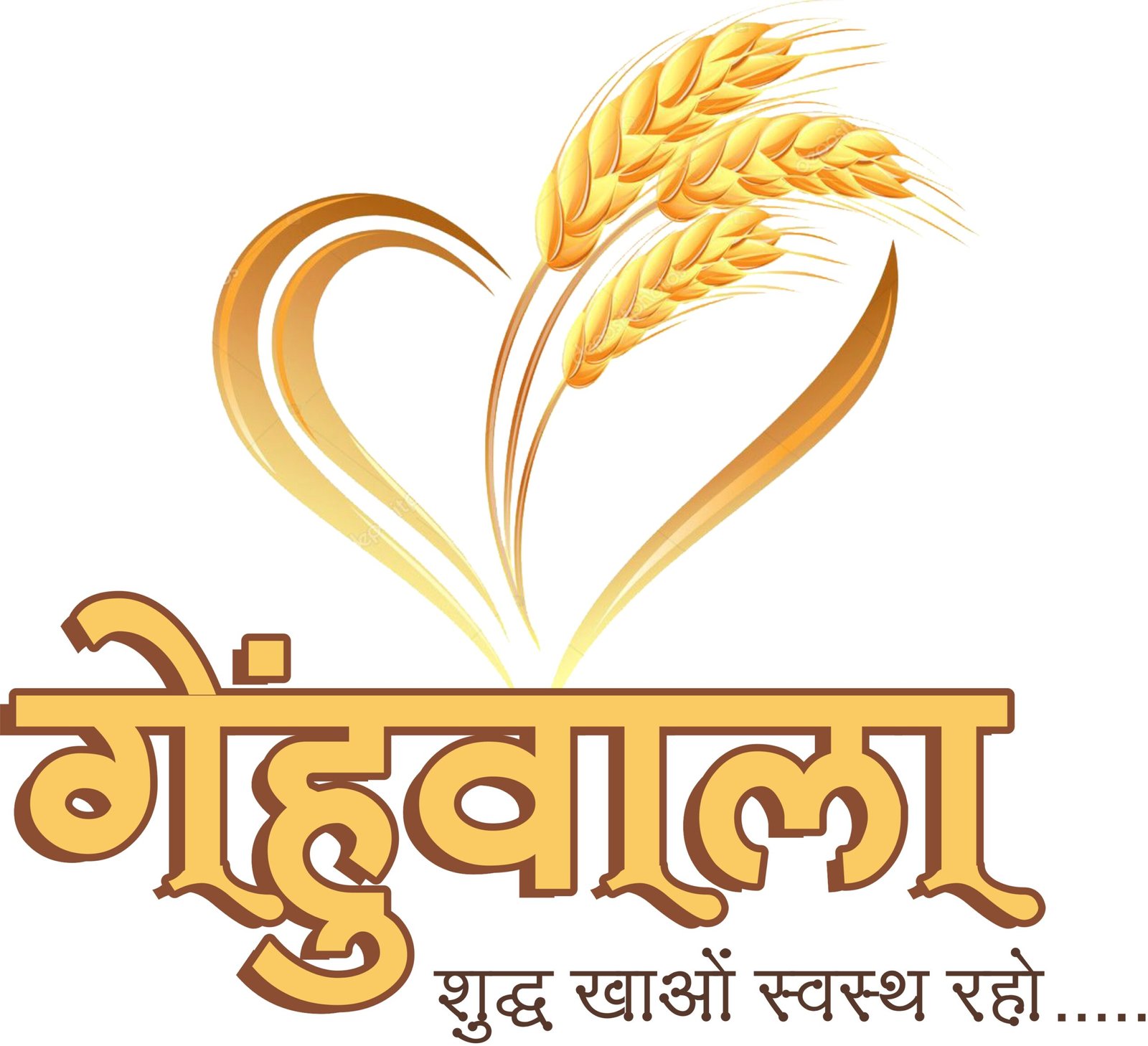Chemical farming and organic farming are two distinct approaches to agriculture that have important differences in their methods and outcomes. Here are some of the key differences between the two:
- Use of synthetic chemicals: Chemical farming involves the use of synthetic fertilizers, pesticides, and herbicides, while organic farming does not. Chemical farming relies on these inputs to enhance soil fertility and protect crops from pests and diseases. Organic farming, on the other hand, uses natural inputs such as compost, crop rotations, and natural pest control methods.
- Soil health: Chemical farming can degrade soil health over time, as synthetic inputs can strip soil of its natural nutrients and beneficial organisms. Organic farming, by contrast, aims to build and maintain soil health through the use of organic inputs and management practices.
- Environmental impact: Chemical farming can have negative environmental impacts, such as the contamination of waterways and soil, as well as harm to wildlife and pollinators. Organic farming aims to minimize these impacts by using natural inputs and methods that are less harmful to the environment.
- Cost: Chemical farming can be more expensive than organic farming, as synthetic inputs are often more costly than natural inputs. Organic farming may require more labor and time, but may ultimately be more cost-effective in the long term.
- Health benefits: Organic farming is often seen as healthier, as organic produce is free from synthetic pesticides and fertilizers. However, research on the health benefits of organic produce is still inconclusive.
Overall, chemical farming and organic farming represent two different approaches to agriculture, with different goals, methods, and outcomes. Organic farming prioritizes soil health, environmental sustainability, and natural inputs, while chemical farming focuses on maximizing crop yields through synthetic inputs.
